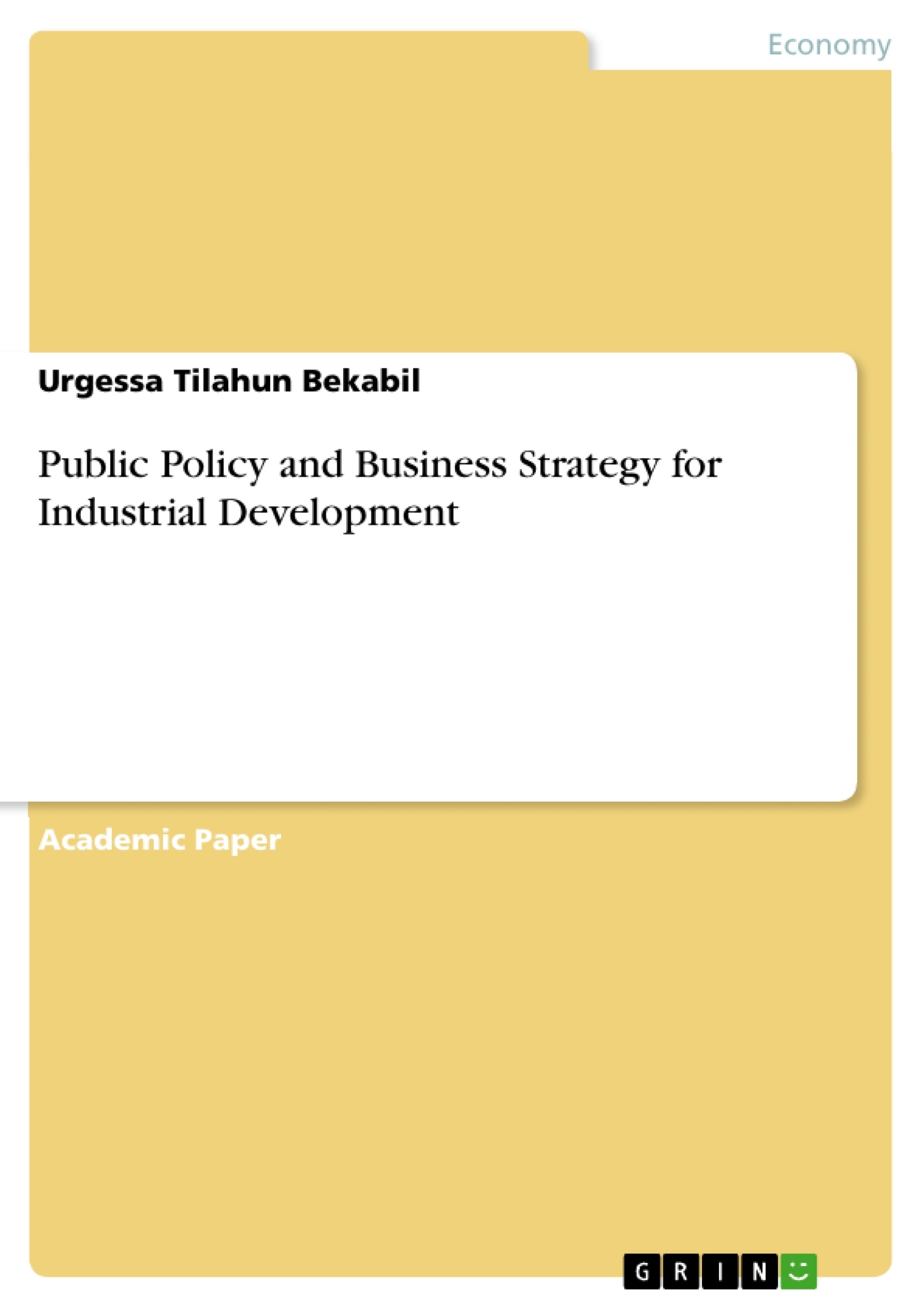Industrial policies are one of the instruments for addressing market failures. This paper is aimed at assessing what public policy and business strategy for industrial development in developing countries looks like from empirical studies perspective. In developing and emerging economies, small scale industrial enterprises that require protection from the side of the government are major source of employment. The small-scale industrial firms particularly need access to credit to increase their competitiveness and integrate themselves into local and global value chains. Policies and strategies that play a role in transforming the dominant and low productive sector, subsistent agriculture, to highly productive industrial sector is the focus area of governments of developing economies. Strategic coordination between private and public need to be functional to have policies and strategies that are important for sustainable industrial development in developing economies.
Table of content
Abstract
1. Introduction
2. Statement of the Problem
3. The objective of the term paper
4. Literature Review
4.1. Theoretical Perspective of Public Policy and Business Strategy for Industrial Development
4.2. Empirical Perspective of Industrial Policy and Business Strategy for Industrial Development
4.2.1. Public Policy for Industrial Development in LDCs
4.2.2. Business Strategy for Industrial Development in LDCs
4.3. Public Policy and Business Strategy Towards Industrial Development in Ethiopia
5. Methodology
6. Conclusion and Policy Recommendations
7. Reference
- Quote paper
- Urgessa Tilahun Bekabil (Author), 2021, Public Policy and Business Strategy for Industrial Development, Munich, GRIN Verlag, https://www.hausarbeiten.de/document/1040702



